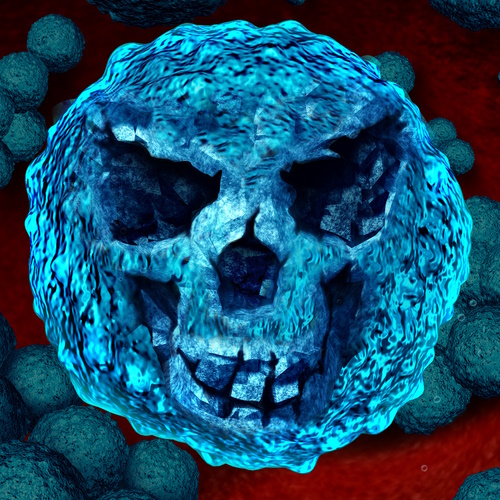Key points from article :
Researchers at the Massachusetts Institute of Technology (MIT) have used artificial intelligence (AI) to design two new potential antibiotics that could combat drug-resistant infections such as gonorrhoea and MRSA. Unlike earlier approaches that screened existing chemical libraries, this study, published in Cell and led by Professor James Collins, took a more ambitious step: using generative AI to design antibiotics atom-by-atom. The AI analysed the structures of millions of compounds—including ones that do not yet exist—learning how bacteria respond to different molecular patterns.
The team trialled two design strategies: one where the AI assembled molecules from small chemical fragments, and another where it generated new compounds from scratch. Importantly, the system filtered out anything too similar to existing antibiotics, overly toxic to humans, or impractical to develop as medicine. Once the most promising candidates were synthesised, they were tested in the lab and in mice. The results revealed two compounds capable of killing gonorrhoea and MRSA bacteria, raising hopes for a new era in antibiotic discovery.
While the findings are highly promising, the researchers stress that the drugs are far from ready for patients. Refining and testing the compounds in humans will take years, and there is no guarantee they will succeed in clinical trials. Experts such as Dr Andrew Edwards of Imperial College London note the approach has “enormous potential” but warn that safety, efficacy, and manufacturing hurdles remain. Of the 80 gonorrhoea drug designs generated, only two could be made into actual medicines.
Beyond the science, the study highlights an economic challenge. New antibiotics are desperately needed, but their commercial value is limited because they must be used sparingly to prevent resistance. Despite this, scientists argue AI could spark a “second golden age” of antibiotic discovery, providing powerful new tools against superbugs that kill over a million people globally each year.







